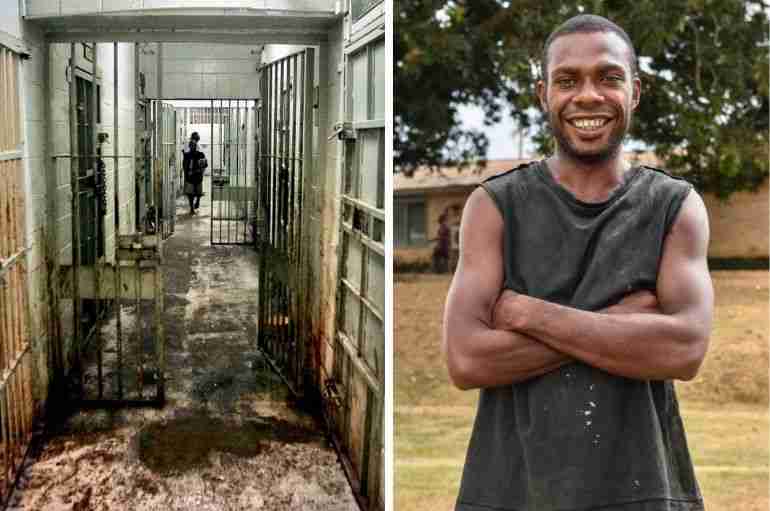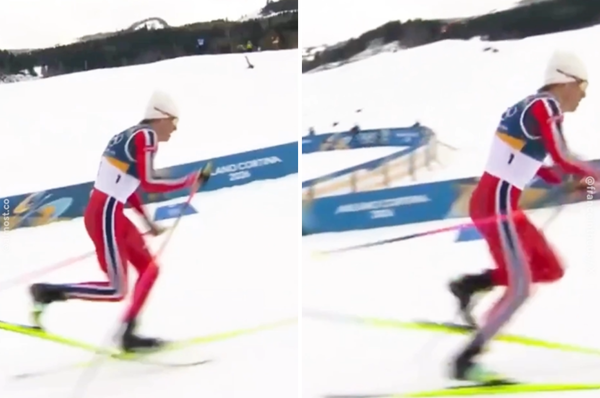Papua New Guinea Has Abolished The Death Penalty After Reintroduced It 30 Years Ago
Papua New Guinea has abolished the death penalty after it was reintroduced 30 years ago.

Papua New Guinea has abolished the death penalty after it was reintroduced 30 years ago.
Prime Minister James Marape said capital punishment was “not an effective deterrent to serious crime,” according to the Guardian.
“For us as a Christian nation, in my view – the notion of ‘thou shall not kill’ still prevails,” Marape said in response to the new legislation. “Instead of the death penalty, offenders will serve life sentence without parole – I think this is better.”
There were 40 prisoners on death row who will now serve life sentences without parole.
With the repeal of the penalty on Thursday Jan. 20, offenses, such as treason, piracy, murder, aggravated rape will now be replaced with life imprisonment without parole, or parole.
Justice minister Bryan Kramer presented the bill to parliament saying the state lacked the “necessary administrative mechanisms and infrastructure” to carry out the punishment in a humane way.
Members of the Catholic church who have previously criticized the death penalty approved of the repeal.
The last execution in Papua New Guinea took place in over sixty years ago in 1954.
The death penalty was first abolished in 1970, but it was reintroduced in 1991. Since it was reinstated, no executions were carried out.
In 2013, the government attempted to revive capital punishment through broadening number of crimes to be punishable by death and passing amendments to reflect harsher punishments for certain crimes.




